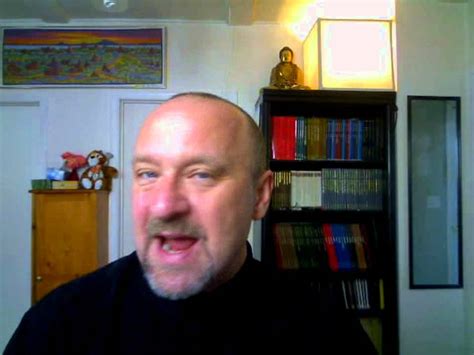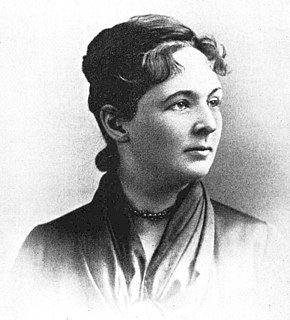A Quote by Maria Montessori
We cannot know the consequences of suppressing a child's spontaneity when he is just beginning to be active. We may even suffocate life itself. That humanity which is revealed in all its intellectual splendor during the sweet and tender age of childhood should be respected with a kind of religious veneration. It is like the sun which appears at dawn or a flower just beginning to bloom. Education cannot be effective unless it helps a child to open up himself to life.
Quote Topics
Active
Age
Appears
Beginning
Bloom
Cannot
Child
Childhood
Consequences
Dawn
Education
Effective
Even
Flower
Helps
Himself
Humanity
Intellectual
Itself
Just
Just Be
Kind
Know
Life
Like
May
Open
Religious
Respected
Revealed
Should
Splendor
Spontaneity
Sun
Suppressing
Sweet
Tender
Unless
Up
Veneration
We Cannot
Which
Related Quotes
Who knows when the end is reached? Death may be the beginning of life. How do I know that love of life is not a delusion after all? How do I know that he who dreads to die is as a child who has lost the way and cannot find his way home? How do I know that the dead repent of having previously clung to life?
Let me tell you a few things about regret...There is no end to it. You cannot find the beginning of the chain that brought us from there to here. Should you regret the whole chain, and the air in between, or each link separately as if you could uncouple them? Do you regret the beginning which ended so badly, or just the ending itself?
we have to listen to the child we once were, the child who still exists inside us. That child understands magic moments. We can stifle its cries, but we cannot silence its voice.The child we once were is still there. Blessed are the children, for theirs is the kingdom of heaven.If we are not reborn if we cannot learn to look at life with the innocence and the enthusiasm o childhood it makes no sense to go on living.
Creating new people, by having babies, is so much a part of human life that it is rarely thought even to require a justification. Indeed, most people do not even think about whether they should or should not make a baby. They just make one. In other words, procreation is usually the consequence of sex rather than the result of a decision to bring people into existence. Those who do indeed decide to have a child might do so for any number of reasons, but among these reasons cannot be the interests of the potential child. One can never have a child for that child’s sake.
Now, because men of our contemporary age are caught up in the ascetic view of a life-denying religious system, but in spite of this cannot deny the primal laws of nature, a distorted morality had to be developed, which spreads hypocritical appearances over hidden actions. This has brought to a head all those outward forms of modern life, whose vacuousness and corruption are now beginning to disgust us.
Every life and every childhood is filled with frustrations; we cannot imagine it otherwise, for even the best mother cannot satisfy all her child's wishes and needs. It is not the suffering caused by frustration, however, that leads to emotional illness, but rather the fact that the child is forbidden by the parents to experience and articulate this suffering, the pain felt at being wounded.
The child thinks of growing old as an almost obscene calamity, which for some mysterious reason will never happen to itself. All who have passed the age of thirty are joyless grotesques, endlessly fussing about things of no importance and staying alive without, so far as the child can see, having anything to live for. Only child life is real life.
The feeling of commiseration is the beginning of humanity; the feeling of shame and dislike is the beginning of righteousness; the feeling of deference and compliance is the beginning of propriety; and the feeling of right or wrong is the beginning of wisdom.Men have these Four Beginnings just as they have their four limbs. Having these Four Beginnings, but saying that they cannot develop them is to destroy themselves.
When I say that all men have the mind which cannot bear to see the suffering of others, my meaning is illustrated this way: when two men suddenly see a child about to fall into a well, they all have a feeling of alarm and distress, not to gain friendship with the child's parents, nor to seek the praise of their neighbors and friends. From such a case, we see that a man without the feeling of commiseration is not a man. The feeling of commiseration is the beginning of humanity.
A two-year-old can be taught to curb his aggressions completely if the parents employ strong enough methods, but the achievement of such control at an early age may be bought at a price which few parents today would be willing to pay. The slow education for control demands much more parental time and patience at the beginning, but the child who learns control in this way will be the child who acquires healthy self-discipline later.
Believing, repenting, and the like, are the product of the new nature; and can never be produced by the old corrupt nature... as the child cannot be active in his own generation, so a man cannot be active in his own regeneration. The heart is shut against Christ: man cannot open it, only God can do it by his grace.

































